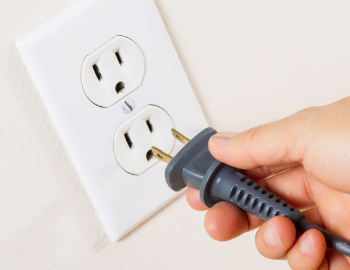
You already exercise fire protection, however fire prevention is the excellent way to defend your family – and that starts with ensuring that your electrical structures and appliances are functioning properly and correctly. Run via this checklist frequently, when you consider that electric malfunction can show up at any time and for lots motives. Electricity is a chief cause of home fires. As every yr goes by, Americans hold to apply more strength in their homes. At the identical time, the electric systems in many present houses have come to be old, and are not able to deal with the demands of nowadays’s electrical appliances and gadgets.But now, new technology such as arc fault circuit interrupters (AFCIs) and tamper resistant receptacles (TRRs) are preventing tragedy before it ever takes place. In reality, those devices have verified so effective that the 2008 National Electrical Code (NEC) considerably elevated requirements for AFCI and TRR protection in all new houses. The information are superb. According to the National Fire Protection Association (NFPA), electric disasters or malfunctions were factors in an anticipated forty six,500 domestic fires in 2010. These fires brought about 420 deaths, 1,520 injuries, and $1.Five billion in belongings damage. And hearth isn't the handiest risk. Thousands of youngsters and adults are severely injured and electrocuted annually from electrical risks of their own homes. Incorporating recent advances in technology into your home can help reduce the chance of fires and electrocutions.